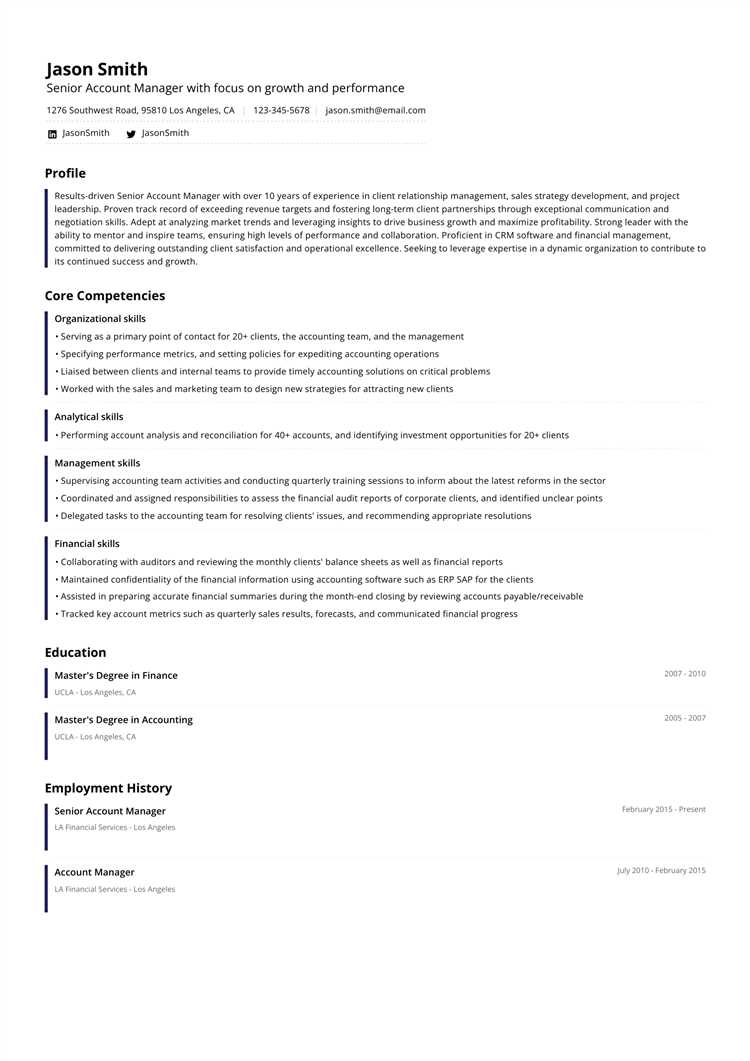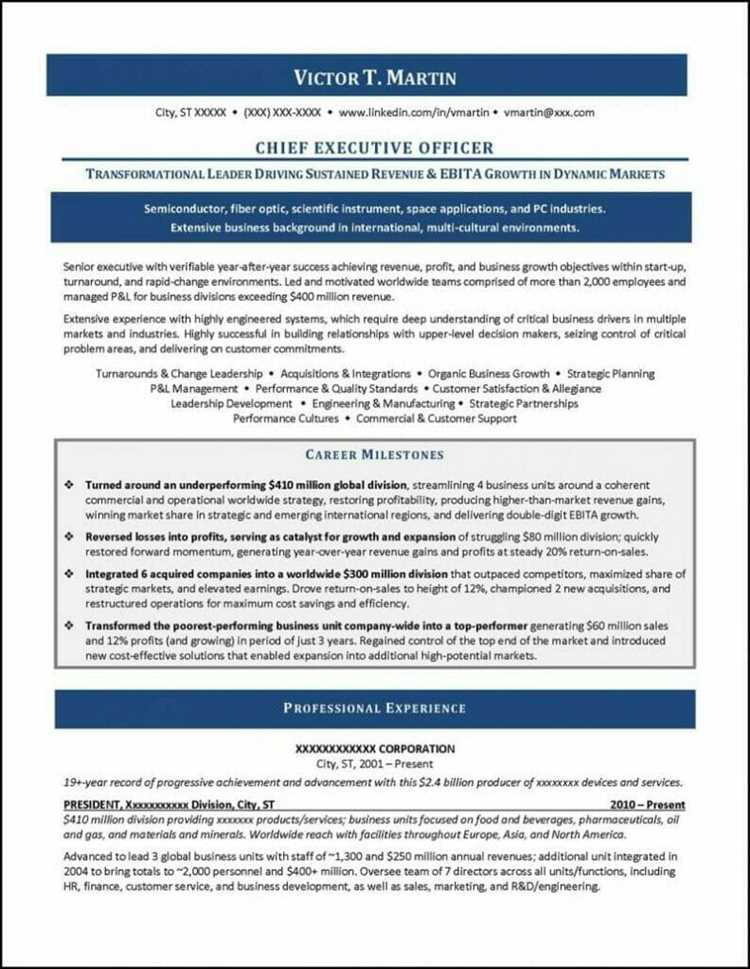
In the realm of professional documentation, there exists a myriad of diverse arrangements that cater to various stages of one’s vocational path. Each layout offers its unique set of advantages and challenges, aiming to showcase an individual’s skills and experiences in the most compelling light possible.
From chronological designs that emphasize a candidate’s work history in a sequential manner to functional formats that highlight specific abilities and accomplishments, the array of choices can be overwhelming. Understanding the intricacies of each layout is crucial in crafting a document that effectively communicates your qualifications and aspirations to potential employers.
Whether you are a seasoned professional seeking to showcase years of industry experience or a recent graduate looking to underscore academic achievements, selecting the optimal format can significantly impact the impression you make in the competitive job market. Tailoring your document layout to suit your unique career trajectory is paramount in standing out from the crowd and capturing the attention of hiring managers.
The Ideal Formats for Entry-Level Professionals

When it comes to crafting a compelling document that showcases your skills and experience as a newcomer to the workforce, choosing the most suitable format is crucial. The way you present your qualifications can make a significant impact on how potential employers perceive you. Here are a few recommended resume styles that are particularly effective for individuals who are just starting their careers:
- Chronological Resume: This traditional format highlights your work history in reverse chronological order, starting with your most recent position. It is ideal for entry-level professionals who have a solid employment history without significant employment gaps.
- Functional Resume: This format focuses on your skills and qualifications rather than your work experience. It is perfect for entry-level professionals who may not have much experience in the field they are applying for but have relevant skills and abilities.
- Combination Resume: As the name suggests, this format combines elements of both the chronological and functional resumes. It allows you to highlight both your work history and skills, making it suitable for entry-level professionals who want to showcase their relevant experience and qualifications.
Ultimately, the best resume format for you will depend on your unique background and career goals. It’s essential to choose a format that effectively communicates your strengths and aligns with the job you are applying for. Experiment with different styles to determine which one presents you in the best light and increases your chances of landing your desired job.
Tips for crafting a standout, entry-level resume
Looking to create a strong first impression as you begin your job search? Crafting an impressive resume is crucial for entry-level candidates. Here are some tips to help you stand out from the competition.
1. Highlight your relevant skills and experiences: Showcase your skills and experiences that are most relevant to the job you are applying for. Tailoring your resume to the specific job description will show employers that you are a good fit for the role.
2. Use a clean and professional format: Keep your resume simple and easy to read. Use a clean, professional font and avoid cluttering the page with unnecessary information. Organize your resume in a way that highlights your achievements and qualifications.
3. Include a strong objective statement: Begin your resume with a clear and concise objective statement that highlights your goals and aspirations. This will help employers understand what you are looking for in a job and how you can contribute to their organization.
4. Incorporate relevant keywords: Many companies use applicant tracking systems to scan resumes for specific keywords. Make sure to include relevant keywords from the job description in your resume to increase your chances of getting noticed by employers.
5. Proofread and edit carefully: Before submitting your resume, make sure to proofread it carefully for any errors or typos. Ask a friend or family member to review it as well. A well-written resume shows attention to detail and professionalism.
Choosing the Right Format for Mid-Career Professionals
Mid-career professionals have unique needs when it comes to presenting their experience and skills on a resume. The format they choose can make a significant impact on their job search success. Understanding the different types of resume formats and how they can best showcase your qualifications is essential for mid-career professionals.
When deciding on a resume format, mid-career professionals should consider their specific industry, years of experience, and career goals. Each format – chronological, functional, or combination – has its advantages and disadvantages, and choosing the right one can help highlight your strengths and minimize any potential weaknesses in your work history.
It’s important for mid-career professionals to tailor their resume format to the job they are applying for. Highlighting relevant experience, skills, and accomplishments that align with the job requirements can increase your chances of standing out to potential employers. Additionally, incorporating keywords from the job description can help ensure your resume gets past automated applicant tracking systems.
Overall, mid-career professionals should carefully consider the pros and cons of each resume format and choose the one that best represents their qualifications and career trajectory. By selecting the right format, you can increase your chances of landing interviews and advancing your career to the next level.
Key elements to include in a mid-career resume
When crafting a mid-career resume, it is crucial to highlight your professional experience, skills, and achievements to show your value as a seasoned professional in your field. Including specific details about your accomplishments and responsibilities will demonstrate your expertise and qualifications to potential employers.
Professional Experience: Detail your work history, including your job titles, dates of employment, and a brief description of your responsibilities and achievements at each position. Focus on showcasing how you have contributed to the success of previous employers and how your experience has prepared you for the next step in your career.
Skills: List your technical skills, soft skills, and any relevant certifications or training that demonstrate your expertise in your field. Make sure to tailor your skills section to the specific requirements of the job you are applying for, highlighting the abilities that are most relevant to the position.
Achievements: Include quantifiable achievements, such as meeting sales targets, improving processes, or receiving awards, to demonstrate the impact you have had in your previous roles. Providing concrete examples of your success will differentiate you from other candidates and show potential employers the value you can bring to their organization.
The Ideal Resume Format for Executives and Senior-Level Professionals
In today’s competitive job market, executives and senior-level professionals need a resume format that highlights their extensive experience, leadership skills, and achievements. This resume format should effectively showcase their ability to drive business results, oversee large teams, and make critical decisions that impact the company’s success.
| Key Features: |
|
By choosing the right resume format for executives and senior-level professionals, you can effectively showcase your expertise and position yourself as a top candidate for high-level roles in your industry. Remember to constantly update and refine your resume to reflect your latest achievements and keep it current with industry trends.